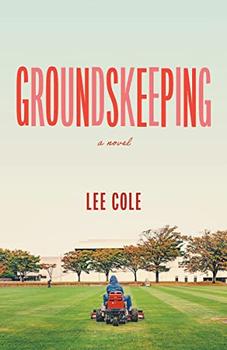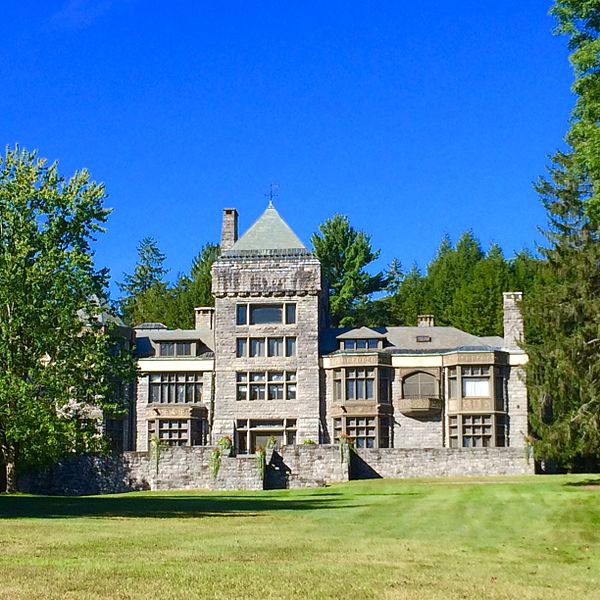Summary | Excerpt | Reviews | Beyond the Book | Read-Alikes | Genres & Themes | Author Bio

A novel
by Lee ColeThis article relates to Groundskeeping
 In Lee Cole's Groundskeeping, the protagonist is offered a fellowship to take up the (fictional) Harry Crews Cottage writing residency in Florida, and his love interest is the writer-in-residence on their shared college campus in Kentucky. Writing residencies vary greatly in terms of what they entail. Some can be like a free working vacation, while some include duties such as teaching. Some involve monetary investment on the writer's part — and, if you're lucky, scholarship money to help. Travel may come with additional expenses to think about.
In Lee Cole's Groundskeeping, the protagonist is offered a fellowship to take up the (fictional) Harry Crews Cottage writing residency in Florida, and his love interest is the writer-in-residence on their shared college campus in Kentucky. Writing residencies vary greatly in terms of what they entail. Some can be like a free working vacation, while some include duties such as teaching. Some involve monetary investment on the writer's part — and, if you're lucky, scholarship money to help. Travel may come with additional expenses to think about.
Some of the most prestigious residencies, like Yaddo, MacDowell and Millay Arts, are free (minus a small application fee or nonrefundable deposit), and thus are highly competitive. In other cases, writers and artists have to balance what they think they will get out of a residency with the costs involved.
For many, a residency is invaluable simply as an uninterrupted period away from home and family commitments that can be devoted to a creative work, especially in its early stages. The Millay Arts website, for instance, refers to "the gift of time and space" as being a residency's major benefit. The durations of writing residencies vary, with some only lasting a week and others covering a full academic year.
Poet and creative writing teacher Sandra Beasley expands on some of the advantages of residencies in an interview with Electric Lit: "The value of residencies is the work you do while you're there, with social networking as an option... One of my favorite things I ever heard was said on my first day at Millay: 'You're here to honor yourself as a writer,' the residency director said while giving the tour. 'If that means reading, rather than writing, that's fine by us.' I found that really liberating — and of course, once I felt free to do what I craved, which was curl up on the studio couch with a handful of poetry collections, I was inspired to write."
In the United Kingdom, poet Julia Copus explains, there tends to be a clear distinction between a writer's "retreat," which offers "time and a place," and a "residency," which involves more of a quid pro quo: In return for the opportunity and full or partial funding, writers are expected to undertake tasks such as tutoring, giving talks or writing a blog about their experience. Sometimes, residencies in the United States are also treated more like a job with expectations and obligations.
Writers' houses and other historical buildings are sometimes turned into residency headquarters — such as the Jack Kerouac House in Orlando, Florida, which Cole may have had in mind — but a residency can be undertaken anywhere. Some more unusual locales are airports (e.g., Alain de Botton's book A Week at the Airport was written at London's Heathrow Terminal 5), Amtrak trains, Antarctica, castles, container ships, islands, lighthouses, the Mall of America, national parks and treehouses. Lit Hub and Beyond Bylines have published lists including other odd locations.
Yaddo artists' community in Saratoga Springs, New York, photo by LoriLeBarron (CC BY-SA 4.0)
Filed under Music and the Arts
![]() This "beyond the book article" relates to Groundskeeping. It originally ran in April 2022 and has been updated for the
February 2023 paperback edition.
Go to magazine.
This "beyond the book article" relates to Groundskeeping. It originally ran in April 2022 and has been updated for the
February 2023 paperback edition.
Go to magazine.
Your guide toexceptional books
BookBrowse seeks out and recommends the best in contemporary fiction and nonfiction—books that not only engage and entertain but also deepen our understanding of ourselves and the world around us.